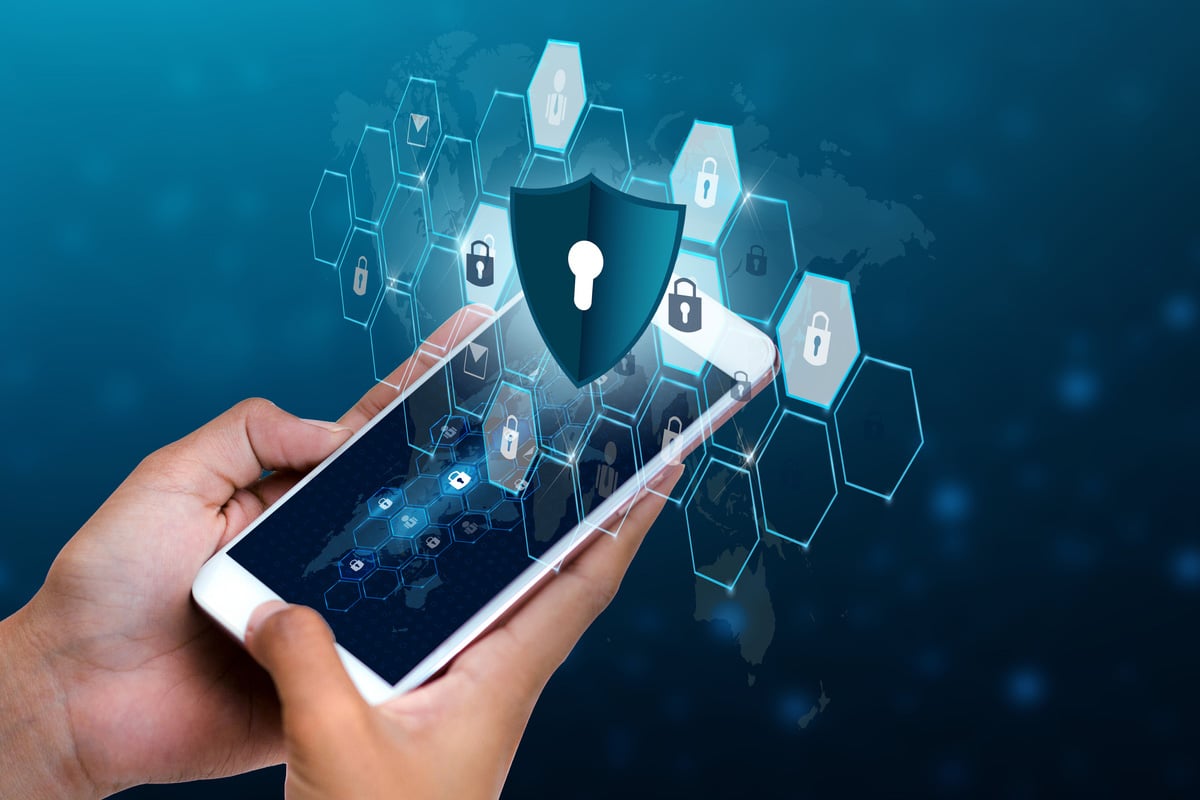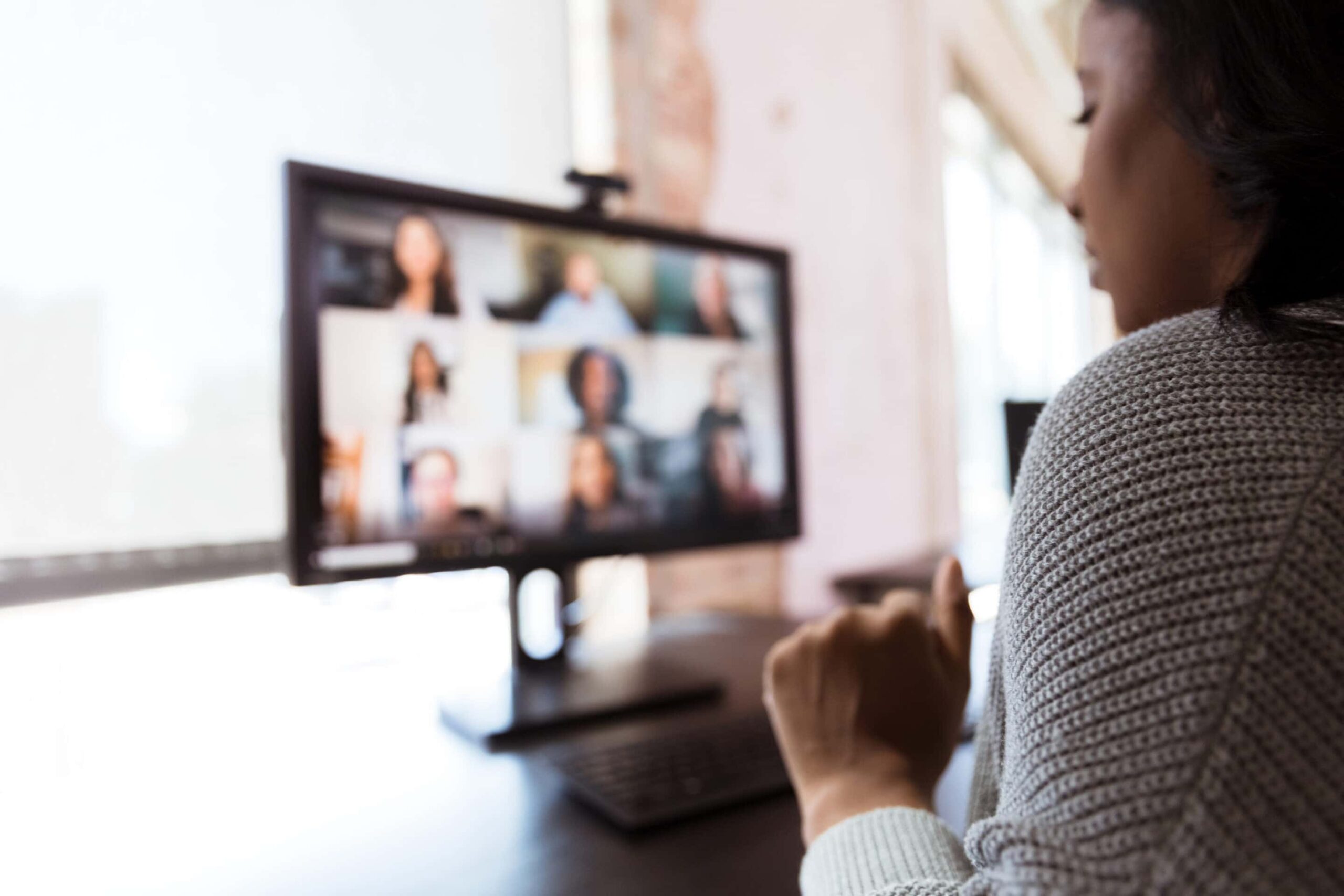In calmer times, many municipalities may have optionally offered telecommuting to employees under special circumstances. Today, for many, there is no option—especially because the current national health emergency qualifies as a Family and Medical Leave Act event for municipalities. This Act requires municipalities to pay employees for 10 out of 12 weeks of leave.
That is, according to the law, unless an employee can telecommute.
Working from home helps with social distancing and prevents the spread of the coronavirus. And while preferable to paying employees for 10 weeks of non-productive leave, telecommuting also makes sense in terms of business continuity. It’s important to keep your municipality’s operations running when your citizens need you most. Telecommuting allows many of your employees to keep serving citizens.
Because of modern technology, fast and reliable internet bandwidth, and wide mobile connectivity, telecommuting is a much more viable option for employees compared to a decade or two ago. Many employees can seamlessly do their work from home with just a computer, internet connection, and smartphone.
This change from working in the office to working from home may require some adjustment. Many of your employees may be telecommuting for the first time, or telecommuting regularly for the first time. On top of this change, we are in the midst of a national health emergency—the worst since the flu pandemic of 1918-1920. Employees need to stay healthy while working from home during this crisis. And, beyond the coronavirus, this is a good opportunity to educate employees about other telecommuting best practices to stay safe—especially if they lack the daily amenities of your municipality’s office setup.
To address these concerns, we offer five best practices that will help keep your employees safe and healthy while telecommuting.

1. Follow CDC and government guidance about keeping yourself safe from the coronavirus.
First, and most importantly, follow CDC and government guidance. That includes many tips that you’re hearing all over the news such as:
- Stay home as much as possible, leaving only for essential reasons.
- Wash your hands.
- Avoid touching your face.
- Sneeze or cough into a tissue or your elbow.
- Disinfect commonly used surfaces and objects (such as your computer keyboard!).
Obviously, if your employee is sick or has sick family members—whether the sickness is caused by coronavirus or not—they need to stay home and remain isolated while following the direction of their healthcare provider.
2. Leverage technology to schedule meetings and communicate informally throughout the day.
We live during an age when technology exists to help us easily stay connected. Video technology is easy-to-use and seamless. Instant messaging technology allows us to constantly communicate during the day. Smartphones keep us talking and texting all day. Encourage your employees to use these technologies in place of any in-person meetings.
This may seem obvious for people used to remote work, but old habits die hard for office workers. Some employees may think that telecommuting only applies to “work work” and not “meeting work,” and so they may attempt to set up in-person meetings in a public place. Employees may also want to sneak out for a working lunch with a co-worker. Urge them to stay home. For all meetings, tell them they must use video conferencing technology from their desktop PC, laptop, or phone.
3. Avoid typical social errands.
When we work in an office, we get used to stepping out to grab lunch, running to the bank or a store, or meeting up with people. Employees need to avoid these activities, despite temptation. Urge them to practice alternatives such as:
- Order takeout and have it delivered.
- Order groceries online and have them delivered or pick them up curbside.
- Use online banking.
- Order items (such as office supplies) online.
- Use drive-through services.
Overall, employees need to avoid groups of 10 or more people and avoid any bars, restaurants, and food courts—no matter how tempting it is to grab a bite to eat.
4. Cybersecurity
While staying inside because of the coronavirus, employees will—or should—discover that cybersecurity applies to their home as well as the office. You don’t want employees opening your municipality to cyberattacks—especially during these uncertain times when you’ve got enough on your plate. In the office, you may have cybersecurity tools and best practices built into your daily operations. At home, employees may be less secure.
This may be time to address cybersecurity weaknesses such as:
- Ensuring that the employee’s device (workstation or laptop) is updated, patched, supported, encrypted, and maintained by IT professionals.
- Securing Wi-Fi—such as the employee using a strong password or passphrase instead of their wireless router’s default password (or no password).
- Ensuring that the employee has endpoint detection and response software centrally managed by IT professionals.
- Ensuring basic network best practices, such as having a firewall with appropriate security standards. If you want to be extra careful, provide your employees a VPN and city issued laptop.
- Ensuring that any web-based systems accessed by employees are secure (using an “https” URL and not just “http”). If two-factor authentication (2FA) is available, it should be enabled on these systems.
- Taking physical security into consideration, including basic tips like locking doors and windows so that workstations and laptops with valuable information are not stolen.
If VPN is provided as a means of remote access, ensure it does not allow employee personal devices to connect. The devices that connect through a VPN should be city-issued and city-owned laptops and computers. You cannot control what employees do with their personal devices, so they are more likely to become compromised by a security vulnerability. A compromised device connected to your municipal network through VPN is no different than a compromised device residing physically at City Hall. If allowing employees to use personal devices is unavoidable, we strongly recommend providing access instead through a secured, typically browser-based remote portal.
5. Workspace and ergonomics
Many modern offices and workspaces are designed with health and safety in mind. But your employees’ homes may not be set up that way. Consider sharing best practices with employees such as:
- Using an ergonomic keyboard to ease strain on their hands, wrists, and arms.
- Using a desk that’s the right height and gives your employee plenty of leg and foot room.
- Using a chair that properly supports your employee’s back, arms, and legs, especially when sitting for a long time.
- Encouraging employees to get up and stretch every 30 minutes or so.
- Avoiding any workspace hazards (such as electrical hazards or clutter may lead someone to trip).
- Making sure their young kids—home from school—are safe by restricting access to your office and preventing them from touching your workstation, laptop, or other important work equipment and supplies.
While this is a scary time for the United States, municipalities play a huge role during this crisis. During a recent teleconference with the nation’s governors, Vice President Pence said that fighting this crisis is “locally executed, state managed and federally supported.” Local government is an important link in the chain of helping citizens, and municipalities need to stay operational. Telecommuting gives you an opportunity to keep your local government running as seamlessly as possible—and supporting your employees’ health and safety through the best practices above is important.
IT in a Box already has your municipal staff prepared to work from home. Included with IT in a Box is technology allowing you to remotely and securely access your desktops and servers in the office from your browser, video conferencing for calls and meetings from your PC or laptop, 24x7 IT support ready to help you at any location (including at home) at any time as you have needs, and much more. Questions about telecommuting during this difficult time? Reach out to us today.
Original Date: 3/24/2020





